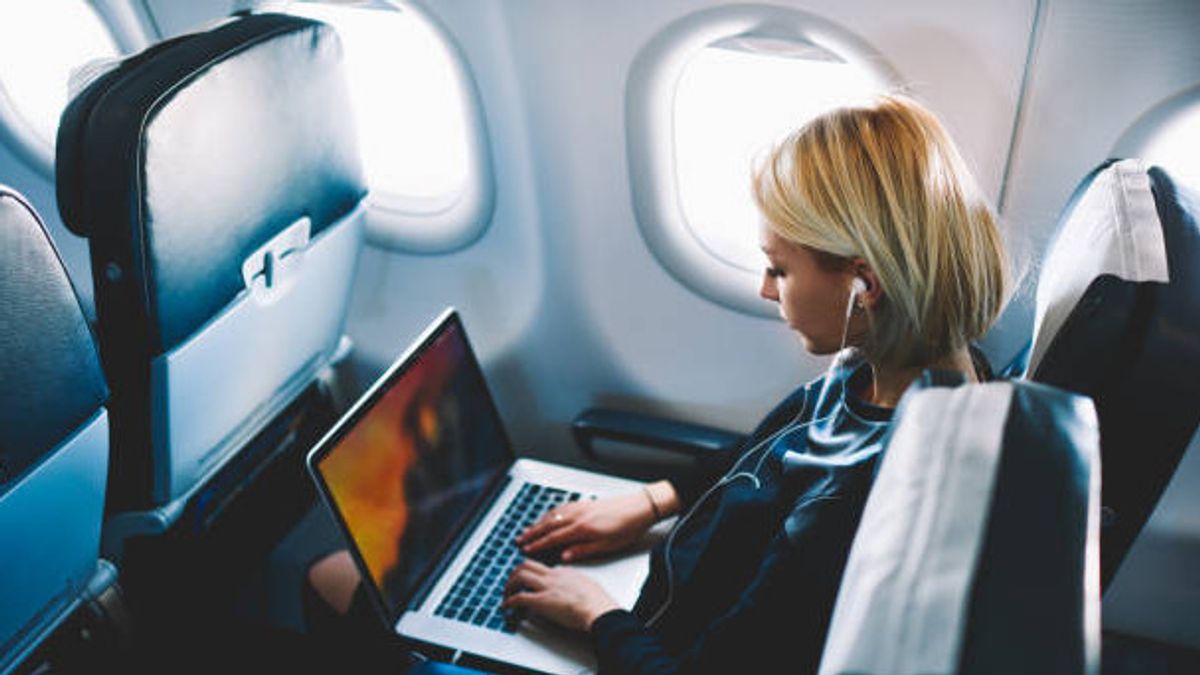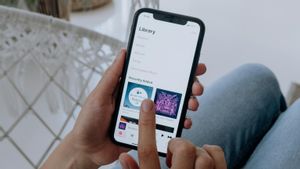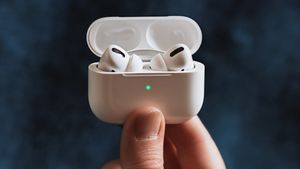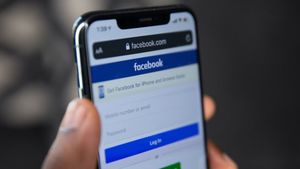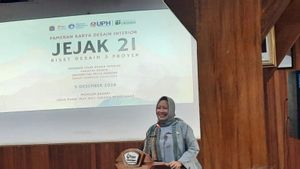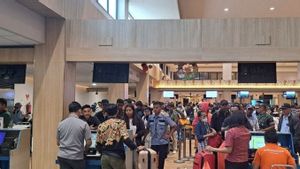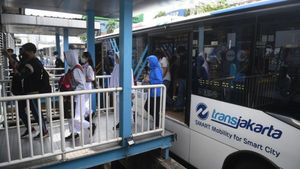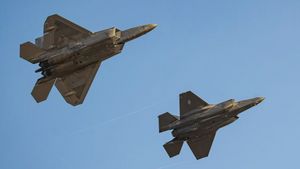JAKARTA - Passengers who like to use Wi-Fi on planes have to be careful, as hackers use cunning tactics to hack your privacy during flights.
VPN (Virtual Private Network) tends to break up while in the air rather than on land. Without this layer of protection, cybercriminals who use the same airline's Wi-Fi can easily access your device, retrieve your information, and spread malware.
Check out some steps you need to follow to stay safe.
Most of us see the network name that looks right and click on it without thinking - and that's what hackers expect.
Criminals can create fake Wi-Fi networks with names that are almost identical to airlines. If you're not careful, you can connect to fake networks rather than the original.
If there are some options that look similar, ask airline staff which one is right. They might even give a warning in the air if you see a fake network.
VPN (Virtual Private Network) IS NOT very reliable in the air, but still works when activated.
Usually, anything you do on the internet can be seen by anyone who has the right knowledge. VPN encrypts your data acts as a shield from the eye that wants to steal information.
SEE ALSO:
This is very important if you visit sites that contain financial or other important information. Make sure your VPN is active before you log in.
This is a good general rule at any time, but especially when you use an unknown network. Only visit encrypted sites which start with 'HTTPS.'
The 'S' is important; it shows that the site is safe (save).
This usually prevents a hacker from seeing your activity on the site, such as the password or credit card number you type in.
Let the speed and constraints of data be neglected, focus on security here. Transfer open data with insecure connections (as on your flight).
A hacker does not need to work hard to tap downloads and read all of its contents.
It's better to prepare whatever downloads you need before going to the airport, or wait for landing and be able to use a trusted network.
The English, Chinese, Japanese, Arabic, and French versions are automatically generated by the AI. So there may still be inaccuracies in translating, please always see Indonesian as our main language. (system supported by DigitalSiber.id)
